Mastering DMPCs: Tips and Suggestions
Posted by Annabelle Collins on
DMPC’s or Dungeon Master Player Characters are levelled characters that are played by the DM of the group in addition to their normal DM’ing role. They often get a lot of bad rep online and to be honest I can see why.
Playing a character is a lot of work. DM’ing a game is a lot of work. If you try and do both, chances are the quality of both will go down.
That said, when created and played with thought, having a DMPC in the party can be great addition to your game.

When DMPCs Work Well
DMPC’s really work well in small parties or when you’re DM’ing for players who are new to the game.
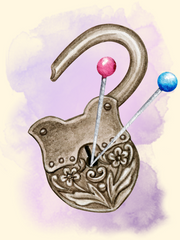
In small parties (say of one or two PC’s) a DMPC gives them a bit more skill diversity and numbers. Perhaps the DMPC is a cleric who will be able to heal the PC’s in battle, or a rogue who can pick locks. A DMPC can give them the extra skills they really need and provide an extra target for the monsters to hit.
When I DM for players new to the game, I find a common challenge at the start is getting people over their natural nerves of trying something new, speaking up and asking questions. Having a DMPC joining them in a support role can be really helpful as the party can either ask the DMPC questions about the world or learn from watching.

DMPC’s can also be good for driving the story forwards but I urge you to use this with caution! No one likes to be told what to do by the DM. It doesn’t make it any better if the DM tells the players what to do using Bob’s mouth. DMPC’s should never be railroad opperators!
However, if the players are stuck and looking for clues, a DMPC can be a great way to give them a nudge, perhaps just by asking them questions that make them think about the knowledge they already have in a different way. They can help players arrive at the solution themselves organically just by prodding them to think a bit more.
Tips for Running a Successful DMPC
Ok, if you want to design a successful DMPC that your players will be happy to adventure alongside, make sure they complement the parties skills and take a supporting role.
The key here is to keep the focus on the players. You want your players to feel that they are the main characters in this world and there’s nothing worse than coming home from a rough day at work only to play an imaginary game where you’re still playing second fiddle.
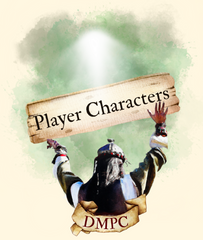
Focussing on support roles will help with this. It’s time to look at that Healers Feat or Chef! Being a healer is a great option but if the party is already set in that department, perhaps a utility based bard would be helpful.
Casting spells to buff your party members is a great way to be able to tactically play whilst remaining out of the spotlight.
Whatever you do, don’t have a crazy overpowered character that is MVP in every fight. I’m afraid at that point there’s only really one person having fun at the table.
It’s a good idea to define the DMPC’s role in the party. Are they there to offer support in battles? Do they tie in to a players backstory? Are they a moral compass? Whatever they are, make sure they have their own backstory and motivations! You want them to be interesting to the party, someone they enjoy having around.

Navigating Common DMPC Challenges
Ok, I don’t want to spend too long listing potential pitfalls as for most of them you could just take my advice above and reverse it! But it’s worth keeping a few in mind
Metagaming is when a character acts on knowledge that the player has in real life, but the character doesn’t know. This can take some practice to avoid as a player, it’s twice as hard for DM! There’s just so much knowledge stuffed in your brain, some of it’s bound to leak into the wrong place.
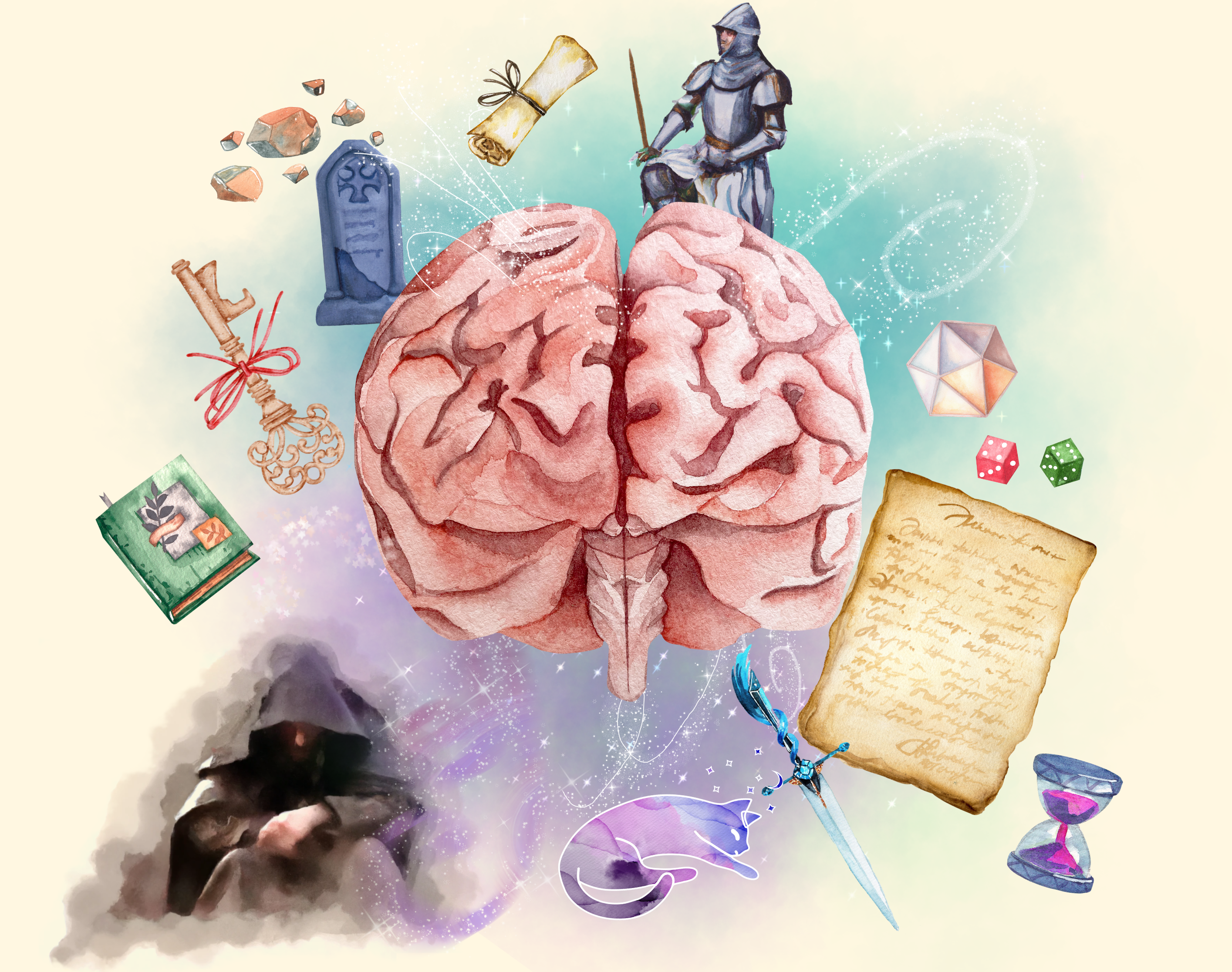
If you’re running a DMPC and you do accidentally metagame then that’s unfortunate, but not the end of the world. If someone points it out to you, acknowledge it and apologise. If it’s feasible, try to retcon that moment, however if it’s too late consider giving the party a luck point or some other boon to even the scales and help everyone feel better.
As with most DM’ing mistakes, it’s rarely a big deal if you admit it when you realise it and try to make it right!
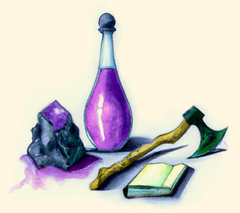
Unintentional favouritism is also something to keep an eye out for. Much as we may try to be perfect, we’re all human and sometimes our unconscious biases get the better of us. You absolutely don’t want your players to feel the DMPC is getting special treatment so it’s worth really trying to make a consicous effort to avoid it! Magic items go to the PC’s first!
We’ve sort of covered this next one earlier but I think it’s worth mentioning twice: don’t let a DMPC take away player agency.
A DMPC can happily offer advice if asked. They can add to strategy meetings and question motives, but don’t have them make the decisions.
Those are for the PC’s!
DMPC’s done right
DMPC’s done right can be memorable additions to the party that really enhance your players experiences.
For small parties it can give them the added boost in numbers that can aid both discussion and battle. For new players it can help them learn the game whilst playing which can help them feel more confident.
I’ve had players really attach themselves to DMPCs of mine and others tell me how much it helped them learn the game without having to be told. For me of course, it’s just a pleasure to be able to go on an adventure with my friends!
I hope my experiences can provide some inspiration and guidance for you when considering using a DMPC.

Finding the Right Balance
In the end, like everything in life, running a DMPC is about balance. It’s a tricky balance to get right and I probably wouldn’t advise it for new DM’s, but done right it can really be an enjoyable addition to the party for everyone at the table.
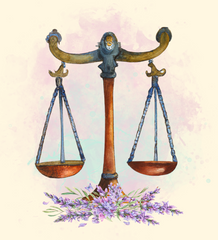
If you’re thinking of giving it a go then that’s awesome!
Challenge yourself to experiment and get ready to adapt based on your groups dynamics.
But you’re a DM right? You do all that anyway!


Hi! I'm Annabelle! I'm the author of this blog and a huge nerd!
I also make magnetic, double-sided, modular dungeon tiles!
My DnD terrain contains secret spinning magnets so that each piece snaps instantly to every other. They even come in a box disguised as a spellbook to store away on your bookshelf!
They're really cool, you should totally check them out here!
Share this post
- 0 comment
- Tags: Blog, Dungeon Master Tips

